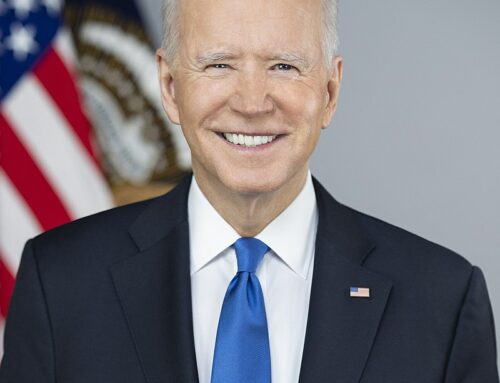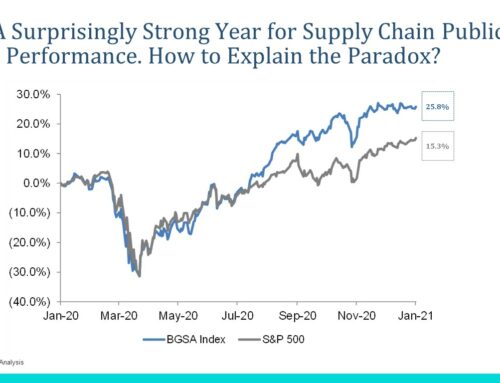Welcome to my latest in my series on supply chain disruption.
Today we are going to talk about Amazon-Whole Foods deal. So yesterday to mark the completion of the deal, Amazon decided to announce dramatic price cuts on all kind of items in Whole Foods. You can buy kale, avocado, and other items today for as much as 43% less than you could less week.
This is a big deal. Why are they doing do this?
Well first of all, it’s important to understand that the Amazon deal with Whole Foods is partly about real estate. If you think about it Amazon gains 465 stores, each of which controls close to 50,000 square feet of space in the ground plus much more above ground. Imagine if Amazon decides to create a direct-to-consumer fleet in order to give you direct-to-consumer fulfillment from every single store. That’s exactly what some people think Amazon will do. And, in fact, this is one of Amazon’s biggest objectives.
They are pursuing what’s called frictionless commerce. When you order an item, they want you to receive it as quickly as possible so that you can gain instant gratification. What if you could have a fleet of messengers ready to deliver your goods immediately using every Whole Foods store as a launching pad?
Number two, this is about cross-selling. Amazon wants to be able to cross sell whole foods and vice-versa. Already if you go to a Whole Foods today, you can buy Amazon Echo devices for $99.99—a dramatic slashing of the price from $179.99. Amazon wants to use Whole Foods to sell more Amazon goods.
Third of all, this is about new solutions. When Amazon announced its entry into the prepared foods category, Blue Apron’s stock price was slashed. Imagine what happens now since Amazon can take advantage of the 465 stores and the huge kitchens that every Whole Foods represents. They could use those capabilities to provide a dramatic increase in growth for prepared foods.
Finally, this will be a catalyst for more new deals. Just a few days ago, Target acquired Grand Junction, which was an ecommerce and last mile logistics company in which Cambridge Capital had invested.
Why did they do it? Like every retailer today, with one eye on their business and the other eye on Amazon.
Stay tuned for more to come.










